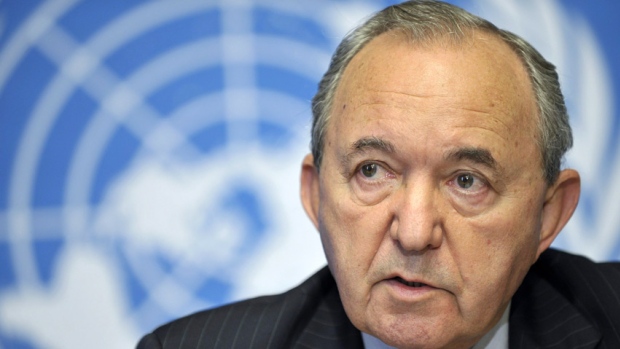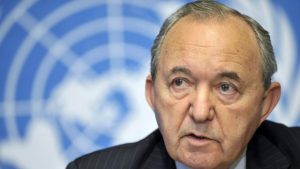
04.02.2016.
Richard Goldstone interview ~ Reconciliation in South Africa: Has it Succeeded?
Judge Richard Goldstone presents the 2015 Vancouver Human Rights Lecture at the University of British Columbia. It’s been twenty-one years since the end of Apartheid. Goldstone reviews the successes and the failures of the South African Truth and Reconciliation Commission in his lecture. And he discusses his work as a judge in South Africa pre-and post-reconciliation in an interview with IDEAS host Paul Kennedy.
The Vancouver Human Rights Lecture is resented by UBC Continuing Studies, The Laurier Institution, and CBC Radio One, in partnership with alumni UBC.
Richard J. Goldstone was a judge in South Africa for 23 years, the last nine as a Justice of the Constitutional Court. Since retiring from the bench he has taught as a visiting professor in a number of United States Law Schools. Recently he has been teaching at the University of Virginia School of Law and the Central European University in Budapest. In the fall of 2014, he was the first Scholar-in-Residence at the new Sorensen Center for International Peace and Justice at the City University of New York School of Law. From August 1994 to September 1996 he was the chief prosecutor of the United Nations International Criminal Tribunals for the former Yugoslavia and Rwanda. He is an honorary member of the Association of the Bar of the City of New York and a foreign member of the American Academy of Arts and Sciences. He is an Honorary Bencher of the Inner Temple, London and an Honorary Fellow of St. John’s College, Cambridge. He is an honorary life member of the International Bar Association and Honorary President of its Human Rights Institute.
Listen to the interview:
(Source SBC Radio and University of British Columbia, interview broadcasted on January 25, 2016)















